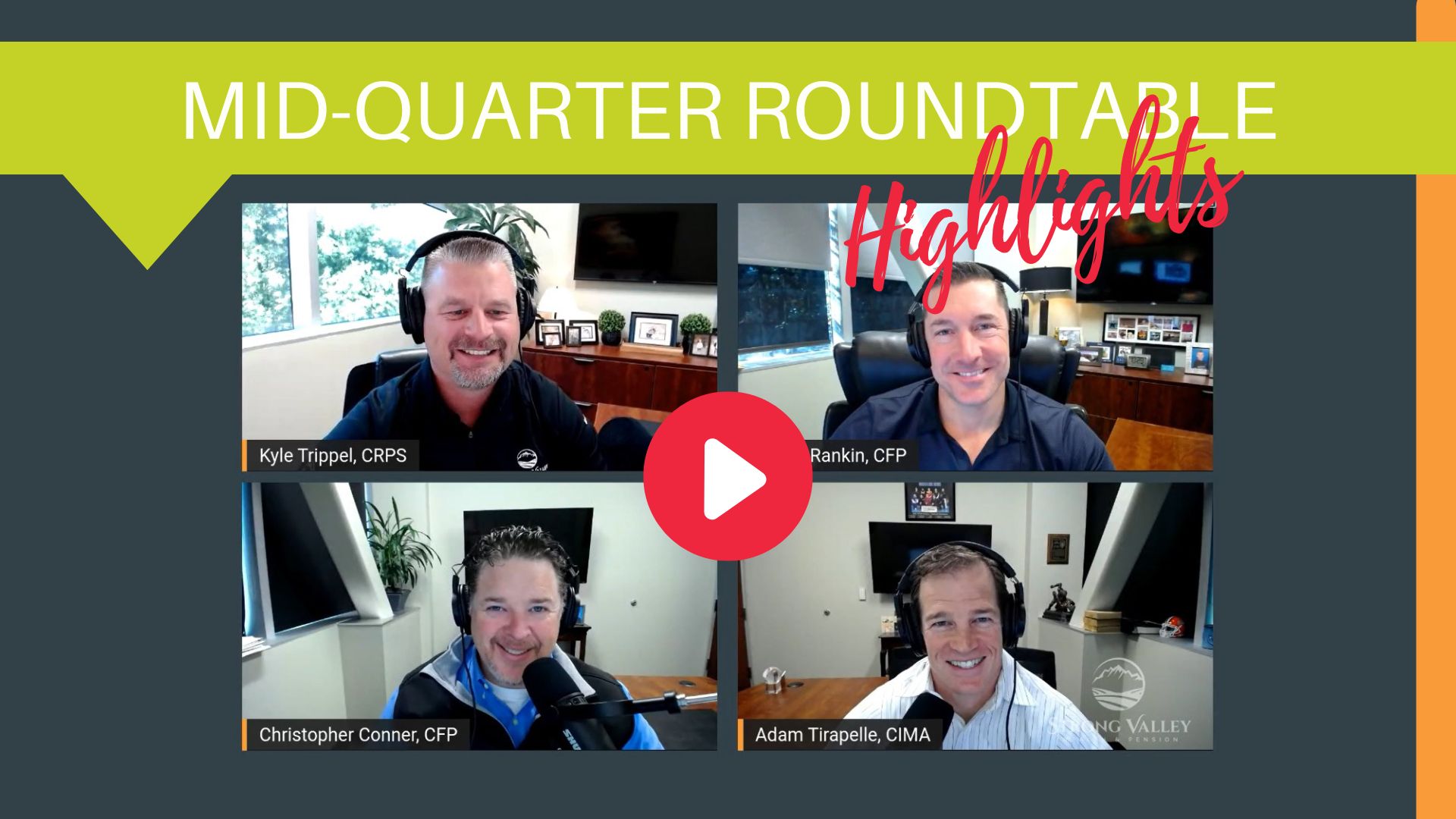You are now leaving the Strong Valley Wealth & Pension, LLC ("Strong Valley") website. By clicking on the "Schwab Alliance Access" link below you will be entering the Charles Schwab & Co., Inc. (“Schwab”) Website. Schwab is a registered broker-dealer, and is not affiliated with Strong Valley or any advisor(s) whose name(s) appears on this Website. Strong Valley is/are independently owned and operated. Schwab neither endorses nor recommends Strong Valley. Regardless of any referral or recommendation, Schwab does not endorse or recommend the investment strategy of any advisor. Schwab has agreements with Strong Valley under which Schwab provides Strong Valley with services related to your account. Schwab does not review the Strong Valley website(s), and makes no representation regarding the content of the Website(s). The information contained in the Strong Valley website should not be considered to be either a recommendation by Schwab or a solicitation of any offer to purchase or sell any securities.

Traditionally, women have been the caretakers of both the older and younger generations of their families. But providing care for family members is becoming increasingly difficult, as doing so may require a leave of absence from work and drain one’s bank account.
Every woman needs to balance her financial past with her financial future.
Here are some tips to help you with the management of your personal finances so you can look towards the future and start building financial independence.

Traditionally, women have been the caretakers of both the older and younger generations of their families. But providing care for family members is becoming increasingly difficult, as doing so may require a leave of absence from work and drain one’s bank account.
Such income disruptions greatly affect a woman’s ability to save money, plan for retirement, and maintain financial security. In addition, older married women often provide care for their elderly husbands.
But who will help you when you require assistance? Even though younger family members may be more than willing to help, the costs of health care often exceed the amount of disposable income available to the average family. Perhaps, women and their family members need to look toward the future and start the planning process.
Every woman needs to balance her financial past with her financial future. By addressing the management of your personal finances as soon as possible, you can avoid disputes and build financial independence.
Here are a few things to think about as you start your financial planning process:
It may be necessary to periodically review these arrangements, as needs and circumstances change. You may also wish to consider consulting a qualified financial professional with experience in concerns facing today’s women.



